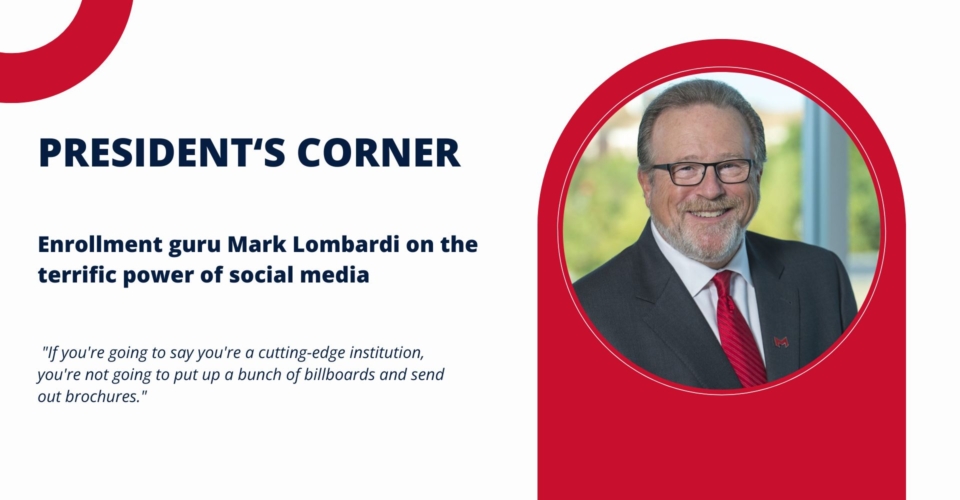There is a lot of uncertainty about the future of the Department of Education and other issues impacting colleges and universities. But with Donald Trump returning to the White House, higher ed leaders are being urged to re-energize programs aimed at keeping students engaged in the Democratic process and civic affairs.
“Declining public trust in our institutions, growing inequality and increasing political polarization are not separate but deeply intertwined issues that impact both higher education and our democracy,” said Yolanda Watson Spiva, president of Complete College America, which released the call-to-action, “Harnessing the Power of Higher Education to Renew American Democracy,” about a week after Election Day.
Complete College America highlights research that shows college graduates are about 50% more likely to vote and volunteer but also contends that “many students—especially those from low-income and minority backgrounds—lack access to courses and programs that build civic awareness and engagement skills.”
More from UB: How a looming Trump presidency is already affecting college life
The report doubles as a playbook for how faculty and administrators can boost civic engagement through curriculum, on-campus programming and partnerships with community-based organizations. College and universities are also urged to offer volunteer and career experiences “across majors” that allow students to practice democratic behaviors such as problem-solving, bridge-building and ethical reasoning.
Underserved students are more likely to get involved when colleges create open and respectful environments for dialogue and civil discourse. “Equipping students with the knowledge and skills to participate in democracy isn’t just a benefit of higher education; it’s a core responsibility,” says Charles Ansell, Complete College America’s vice president for research, policy and advocacy. “Teaching students about what it means to participate in a democracy must be a feature underpinning the entire college experience, not a bug.”
The report recommends that higher ed leaders:
- Make sure more students graduate: From the time they start college, students should see how academic content connects with their aspirations and career pathways. Administrators should also implement new ways to measure whether this is occurring. Leaders can also lobby state policymakers to shift to outcomes-based funding.
- Promote outcomes associated with civic engagement and democratic learning: Students should be taught how to work with peers who hold differing views and develop their understanding of “core issues related to democracy, freedom and political systems that support and oppose liberty.” College leaders should consider requiring students to participate in civically-oriented experiences.
- Activate the student success community: Advisors should incorporate civic engagement into counseling sessions to put students on academic pathways that will help them become active citizens. Advisors can steer students toward service learning, community-based research and internships with public-serving organizations. Faculty can also promote civic learning in their courses and assessments.
For additional guidance, Complete College America points higher ed leaders toward the Civic Learning and Democratic Engagement Coalition, a collaboration of national higher ed organizations.









